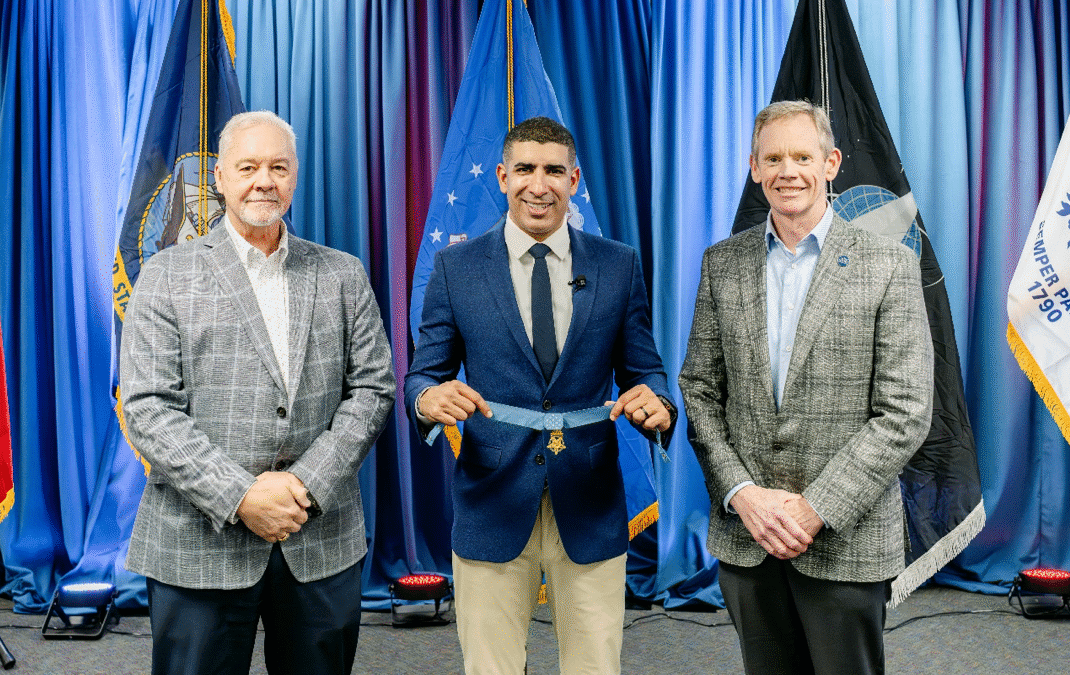The Oxford Dictionary defines “leadership” as “…the action of leading a group of people or an organization.” In other words, leadership is about stepping forward, assuming responsibility, being proactive, taking risks and often challenging the status quo. Leaders manage, educate and inspire others to achieve something new, something better and reach their individual, as well as organizational, objectives.
According to Forbes Magazine, there are seven functions of leadership, and they are…
- Setting goals
- Organizing
- Managing initiatives
- Fostering teamwork and cooperation
- Motivating and setting direction
- Serving as the liaison to management
- Leading in policy making
There are scores of books, articles, guides and workshops
that provide education on “leadership.” They all define and frame what leadership is, however, few discuss what leadership isn’t.
It makes sense, therefore, to refute the misconceptions, crush the mistaken beliefs and eliminate the erroneous ideas relating to leadership. And so, here’s my “Misconceptions About Leadership” (not in rank order).
- Being promoted to a status position in an organization gives a person leadership. No! True leadership must be earned. A title is fine for a business card but does NOT make one a leader.
- Leadership is more important than management. No! They are very different functions and both important. Leadership is focused on “big picture,” strategy and ways to create an environment that leads to success. Management, on the other hand, is responsible for controlling an organization and its activities as it strives to implement a strategy and achieve a goal.
- Leaders are born not made. No! There are some people who believe leaders are born with traits like charisma, engaging personality and the ability to inspire. But although certain individuals may be inclined to lead, there are skill sets and competencies great leaders need to acquire and learn. Legendary football coach Vince Lombardi said, “Leaders aren’t born. They are made. And they are made just like anything else… through hard work and acquiring a wide range of skills.”
- Loyalty is to ideas and programs rather than to people. No! People follow people… not programs, not postulates and not platforms. Sure, engaging programs will have followers but only because a person leads the charge and fosters belief and trust.
- Leaders are unemotional. No! Great leaders are focused and typically in control but that doesn’t mean they lack emotion. They are passionate. They are intuitive. They are empathetic. They are caring. They are optimistic. That doesn’t mean they wear their emotion on their sleeve. It simply means they are disciplined in ways they show their emotion.
- Leaders are stoic, serious and often unkind. No! People believe in leaders because they show a kind and caring side. They are flexible when necessary, are open minded often, work to be supportive to others and readily accept ideas, information and input from those around them. Legendary women’s basketball coach Pat Summitt (University of Tennessee) said, “Nobody cares how much you know until they know how much you care.”
- Leaders are all-knowing and headstrong in their beliefs. No! Great leaders are continual learners who embrace new ideas and who are convinced that “When you’re through learning, you’re through!” They are typically good listeners and welcome the opportunity to learn something new.
- The status quo can be maintained. No! Great leaders understand the inevitability of change. Henry Ford said, “Change is to business what oxygen is to life.” Leadership is understanding that the first step in dealing with change is awareness… the second step is acceptance… and the third step is action.
- Leadership is about telling, mandating, manipulating and regulating. No! Leadership, in reality, is more collaborative than controlling. Accepting new ideas, listening to contrary viewpoints with an open mind and course correction are all important leadership traits.
Thought leader Peter Drucker said, “Effective leadership
is not about making speeches or being liked; leadership is defined by results not attributes.”
Great leadership is both art and science. It requires a thoughtful, pragmatic, logical approach to opportunities and challenges. One of my favorite leadership quotations is “The very essence of leadership is that you have to have a vision. It’s got to be a vision you articulate clearly and forcefully on every occasion. You can’t blow an uncertain trumpet.” (Reverend Theodore Hesburgh)
Lead on!
Ira Blumenthal is a business consultant, a Georgia resident, a best-selling author, a globally renowned public speaker, a university educator and a college Lacrosse coach. Ira welcomes inquiries and can be reached at Ira@Iraspeak.com. His web site is www.IraSpeak.com









